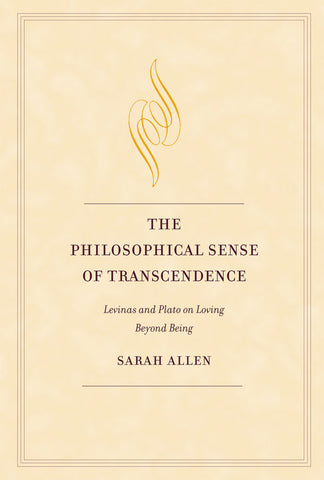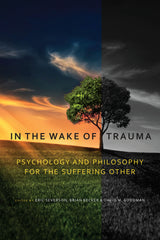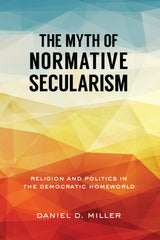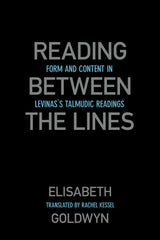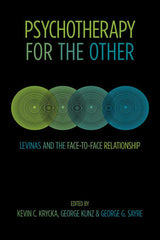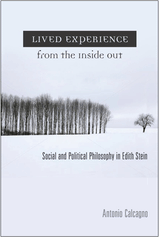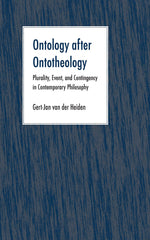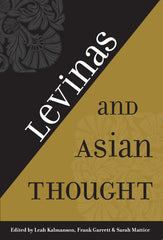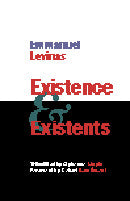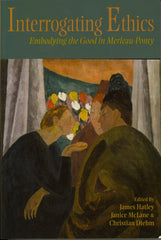The Philosophical Sense of Transcendence: Levinas and Plato on Loving Beyond Being
Sarah Allen $30.00Published in 2009 | 330 pages | paper | ISBN: 978-0-8207-0422-7
Reviews:
“Continuing interest and debate surrounds the issue of transcendence in recent phenomenology, particularly French phenomenology. This book is a welcome addition to that debate. Allen provides a detailed discussion of Levinas's philosophy of transcendence and its relationship to the history of philosophy, particularly Platonism. Particularly noteworthy is her frank appraisal of Totality and Infinity. Recommended.” — Choice
“Allen's book is an ambitious and challenging one, outlining a strong overall interpretation of Levinas on erotic love, religion and transcendence.” — Notre Dame Philosophical Reviews
“Allen wants to explore the relation between religion and philosophy, the definition of philosophy, and the sense philosophy can give to transcendence. Throughout the book, Allen explains her questions and ideas in general rather than technical terms; this is one of the many features that make her work so clear and enjoyable to read.” — Symposium
“Allen's study is written in an exceptionally clear and lucid style. . . . It is quite rare, nowadays, to find studies which hold together in this fashion. Even rarer is it to find an author who can present the Platonic, phenomenological, and religious influences on Levinas in such a competent fashion.” — Symposium
“A significant contribution in the field of modern contemporary philosophy and more specifically to Levinasian studies.” — Jean Marc-Narbonne
Book Information:
What is the philosophical sense of transcendence? What meaning can transcendence have in philosophy? What direction, organization, and order might it give to philosophy? And how does transcendence transform or inspire philosophical thinking?
Sarah Allen confronts these questions as she explores Emmanuel Levinas's approach to transcendence, which is set within a phenomenological context. Levinas seeks an approach that does not subordinate transcendence to the self-referential activities of human consciousness, and which does not simply fall into ontotheological, metaphysical language about God.
Looking for the philosophical sense of transcendence, Allen asserts, requires not only a questioning into transcendence, but a questioning of philosophy itself. Any reflection on human affectivity brings us up to the limits of philosophical thought and suggests that there are senses to transcendence that will always escape formulation in philosophical language.
Author Information:
SARAH ALLEN is assistant professor of philosophy at Concordia University, where she specializes in twentieth century continental philosophy, ethics, metaphysics, philosophy of religion, and Plato.

